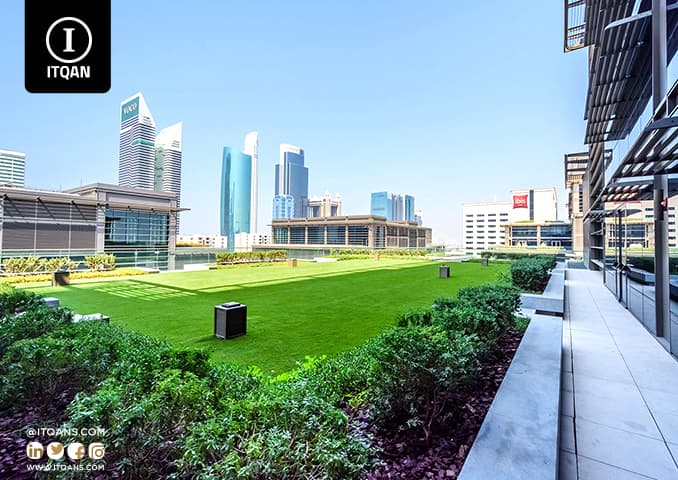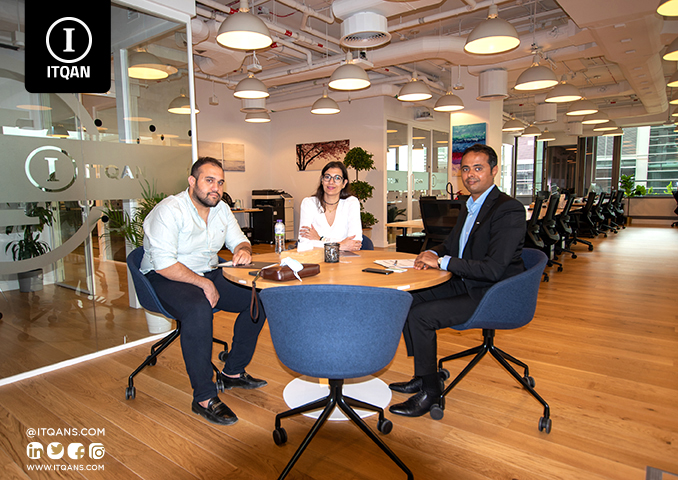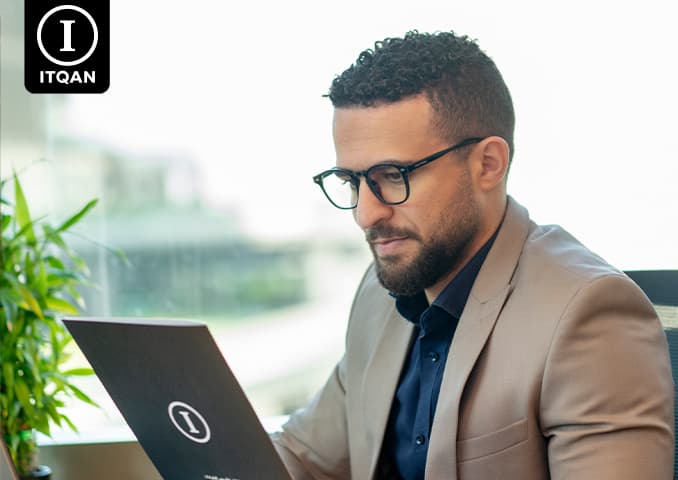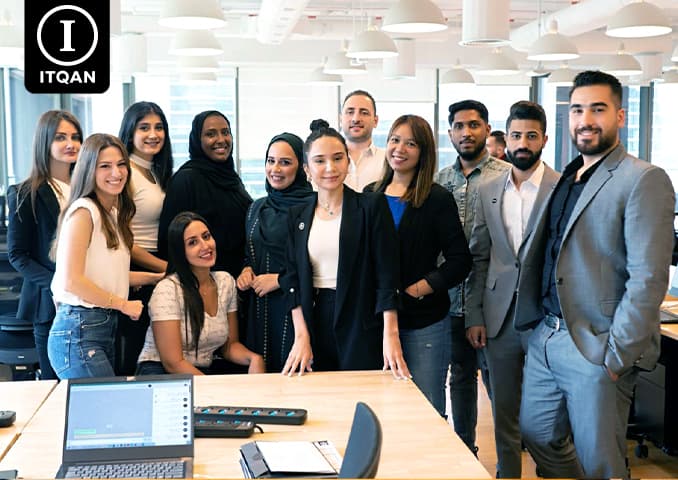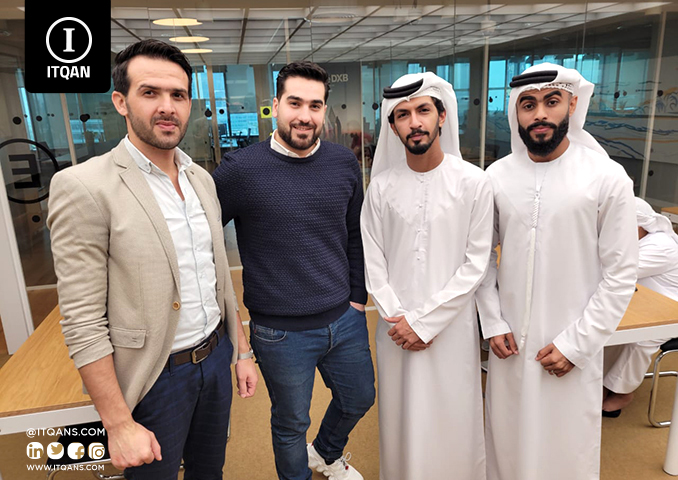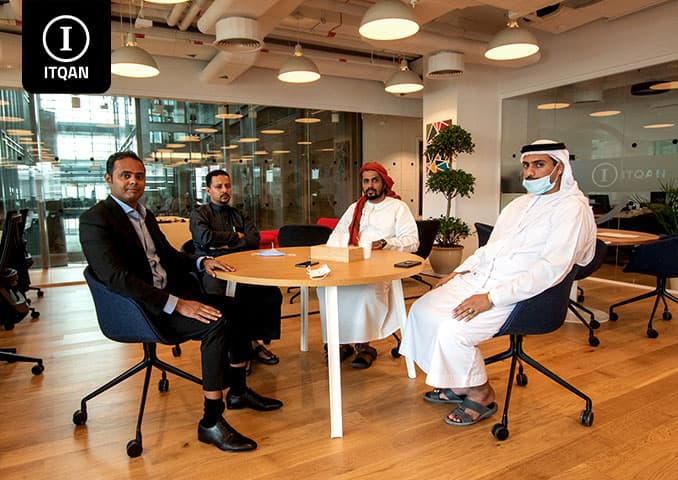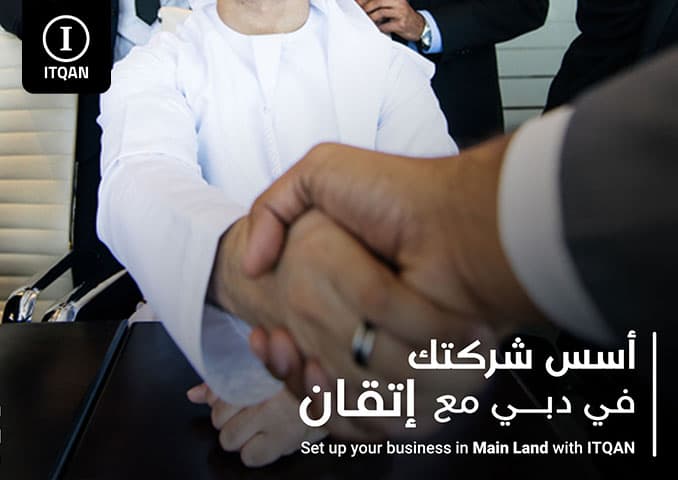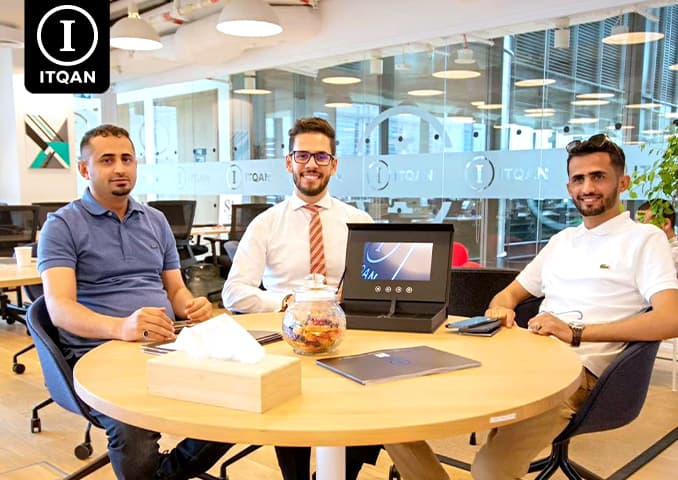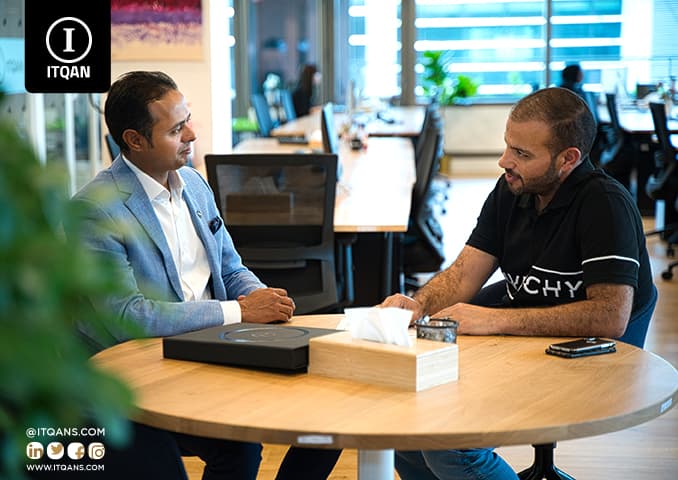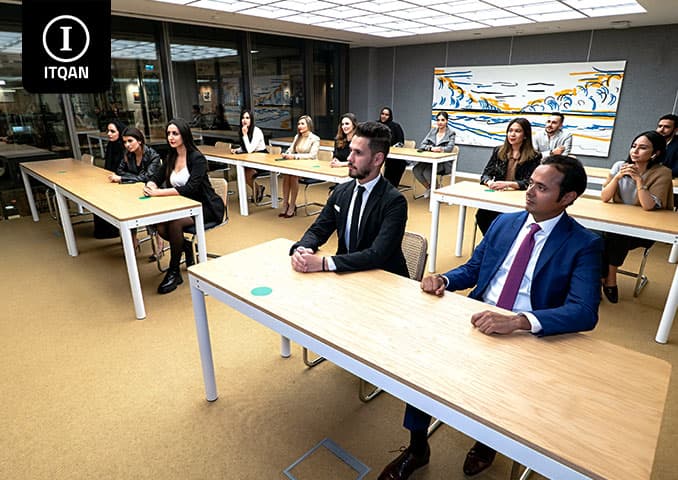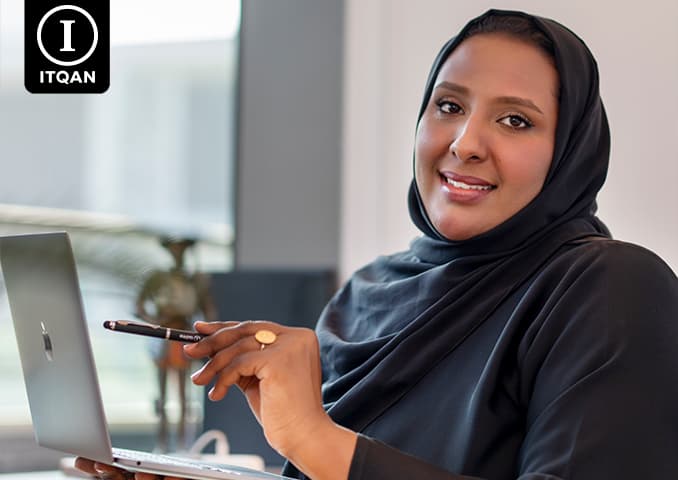Dubai is one of the world’s leading investment destinations, combining a sustainable economic environment, advanced infrastructure, and government facilities that make it a hub for attracting investors from various nationalities. Thanks to its strategic location linking Asia, Europe, and Africa, Dubai has become a global business hub, making it a preferred choice for companies and investors seeking to expand into new markets and reach a global audience.
Investing in Dubai is characterized by its diversity and flexibility, as investors can choose the fields that suit their interests and goals, such as real estate, trade, industry, hospitality, technology, and even creative industries. Dubai’s flexible economic policies, which include tax exemptions in free zones and legislation that supports the protection of investors’ rights, contribute to making the city an encouraging environment for investment. The government also provides many programs aimed at enhancing the role of the private sector and small and medium enterprises.
One of the most important factors attracting investment in Dubai is its economic and political stability, as well as its business-friendly regulatory environment. Dubai is always seeking to update and develop its laws and procedures to make the process of establishing and investing in companies easier and more flexible. As a result, the city has attracted a large number of major global companies, as well as emerging projects that benefit from the city’s innovative climate.
Today, Dubai is considered a distinctive model of a modern city that combines heritage and modernity, making it an ideal destination for those wishing to invest in a dynamic business environment. Whether you are a local or international investor, Dubai offers unparalleled opportunities for growth and prosperity, while ensuring the highest levels of stability and security.

جدول المحتوى
ToggleInvestment Conditions in Dubai
In Dubai, there are some conditions and matters that must be considered when investing. Here are some general conditions that may be necessary when considering investing in this city:
Licenses and Permits: You may need to obtain specific licenses and permits to practice your investment activity in Dubai. You must check the applicable local legal controls and regulations.
Local Partnership: In some cases, some commercial and investment activities require a local partnership with an Emirati citizen. This partnership is a necessary legal procedure in some sectors.
Laws and Regulations: You must comply with the laws and regulations of Dubai and the United Arab Emirates related to investment and business. You must review the regulations and legislation specific to the sector in which you intend to invest.
Taxes: You must consider local taxes and tax obligations when investing in Dubai. You must check the tax procedures and financial obligations related to your investment activity.
Contracts and Agreements: Clear and specific contracts and agreements must be drawn up that specify the terms and obligations between the parties involved in the investment process.
Individual Licenses: Some sectors may require specific individual licenses, such as the financial or health sector, which require special approvals from the relevant authorities.
Legal Advice: It is important to obtain specialized local legal advice before starting an investment to ensure compliance with all laws and regulations.
Ways to invest in Dubai
In Dubai, there are many opportunities to invest in various economic sectors. Here are some ways to invest in Dubai:
Real Estate: Real estate is one of the most prominent investment opportunities in Dubai, with a variety of options available from residential apartments and luxury villas to commercial and hotel properties.
Financial Market: You can invest in stocks, bonds, investment funds, and futures contracts through the Dubai Financial Market.
Business: You can invest capital in establishing a company or business partnership in various fields such as technology, manufacturing, tourism, and retail.
Hospitality and Tourism: You can invest in the hospitality and tourism sector by opening hotels, restaurants, hotel apartments, or tourism services.
Technology and Innovation: The technology and innovation sector is an exciting opportunity in Dubai, as the government encourages innovation and the provision of smart services.
Renewable Energy: Investing in renewable energy projects such as solar and wind energy can be a future and sustainable investment area.
Education and Training: You can invest in the field of education and training by establishing educational institutions or providing training and educational services.
Creative Industries: You can invest in creative industries such as arts, culture, and entertainment, and create promotional and cultural projects.
Documents required for investment in Dubai
Investing in Dubai, there are a set of papers and documents that must be submitted to ensure compliance with local laws and the smooth running of the investment process.
Requirements vary depending on the type of business activity and the type of company you wish to establish, whether in a free zone or in the local market. In general, the required documents include the following:
A copy of the passport: for all investors and partners in the project, whether individuals or companies.
A copy of the visa and residence: If the investor is a resident of the United Arab Emirates, a copy of the residence or visa must be submitted.
A business plan: It is submitted to clarify the objectives of the investment project and details of the activities that will be carried out.
The company’s articles of association and memorandum of association: This document includes all the legal details of the company such as the type of company, commercial activity, capital, and the division of shares between partners.
Proof of capital: Proof of the capital required for the investment must be submitted, and this may require transferring the capital to a bank account in Dubai.
No Objection Certificate (NOC): If the investor or one of the partners works for another company within the UAE, you may need a No Objection Certificate from the current employer.
Headquarters Lease Contract: A lease contract for the company’s office or headquarters must be submitted, whether in a free zone or in the local market.
Proof of Address: Documents proving the investor’s residential address, such as an electricity or water bill, may be required.
Shareholder Details: A list of all shareholders in the company and their percentages of ownership.
Initial Approval: For some business activities, you may need to obtain initial approval from the relevant authorities before proceeding with the procedures.
In conclusion, investing in Dubai is a strategic move for anyone seeking to strengthen their position in a growing and diverse global market. Thanks to its strategic geographical location and advanced infrastructure, Dubai has become one of the most important investment destinations in the world. The emirate offers multiple opportunities in various sectors such as real estate, tourism, technology, and financial services, making it a suitable environment for developing businesses and benefiting from sustainable economic growth.
In addition to geographical and economic advantages, Dubai provides a clear and stable legal framework that supports both local and international investors. Laws that protect property and investment rights, a flexible regulatory environment, and free zone incentives make Dubai an attractive environment for diverse investments. The ease of establishing companies and flexibility in choosing commercial activities allow investors to customize their businesses according to their needs and aspirations.
The government in Dubai continues to develop future projects such as Expo 2020 and digital transformation, which enhance investment opportunities and help create a renewed business environment. These developments not only contribute to supporting the local economy, but also open new doors for investors from all over the world.
Therefore, investing in Dubai represents a golden opportunity for investors seeking to benefit from a dynamic economic environment, world-class infrastructure, and a strategic location linking markets in Asia, Europe, and Africa. For those looking to grow and expand, Dubai is an ideal destination that provides them with access to unlimited possibilities, and guarantees them promising investment opportunities in a safe and stable environment.
Top Frequently Asked Questions About Investing in Dubai
What types of companies can be established in Dubai?
There are several types of companies that can be established in Dubai, including limited liability companies (LLC), foreign companies, sole proprietorships, and branches or representative offices. In addition, companies can be established in free zones that offer many advantages.
What are the main advantages of investing in Dubai?
Dubai offers a stable economic environment, advanced infrastructure, and a strategic location between Asia, Europe, and Africa. In addition to no personal or corporate income taxes in most sectors, and significant government support for foreign investors.
Can a foreign investor own 100% of the company?
Yes, foreign investors can own 100% of a company in a free zone. In the local market outside the free zones, 100% ownership of some sectors and activities is possible under the new laws that were recently implemented.
What are the legal requirements to set up a company in Dubai?
Requirements include submitting documents such as a passport, a no-objection certificate (if required), the company’s articles of association, and a business plan. You may need to obtain additional licenses depending on the type of business activity.
What are free zones and what are their benefits?
Free zones in Dubai offer many benefits such as full foreign ownership, tax exemptions, and easy repatriation of profits. Some free zones specialize in specific sectors such as technology, media, and logistics.



